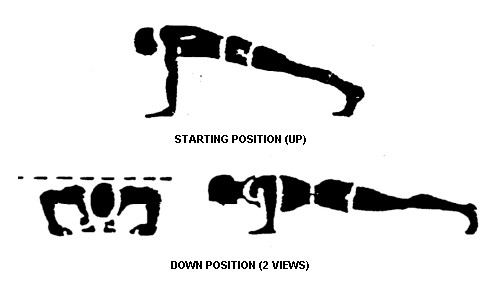1. How can a goalkeeper best avoid having a goal scored against her during a soccer game?
2. What training type do you feel is more successful, technical (technique) or tactical (game scenarios? Why?
3. With that in mind, what training regime is more important, the psychological (being able to get back up after a mistake) or physical training (actual hands on goalkeeping)? Why?
4. What is the best form of training (having a coach tell you what you’re doing), watching (seeing a higher level athlete perform at peak performance), or teaching (giving the goalkeeper the knowledge to show someone what they are doing wrong)?
5. Hope Solo spent a lot of her youth career playing forward, she didn’t become a permanent goalkeeper until she was in college. Do you feel the best keepers come from alternate positioning backgrounds? Why or why not?
6. I’ve always been taught never to go on my knees, and that I will be less likely to have balls go over my head in the case of an unsuspected bounce. What side do you take in this argument?
7. In the case that a goalkeeper is scored on, what is the best thing to tell them to prevent another goal from being scored?
8. How much of the game (a keeper plays) relies on natural born talent, like height, over talent that’s taught, like diving.
9. In current conditions, coaches don’t put as much time into coaching goalkeepers at a younger age. How much does this hurt the teams’ chances of having a shutout, and the goalkeepers’ chances of becoming an elite athlete?
10. Do you feel that perhaps more training on the field is what has lead to the game’s current status quo of keepers being more of a “sweeper keeper”?
11. Some say it’s easier to dive, but I feel it both expends more energy and results in more rebounds and turnovers. Some say footwork is a better option because the same ball the diving keeper had to save would be ran over to, then collapsed on by the keeper with better footwork. Which fundamental skill do you think is more important?












